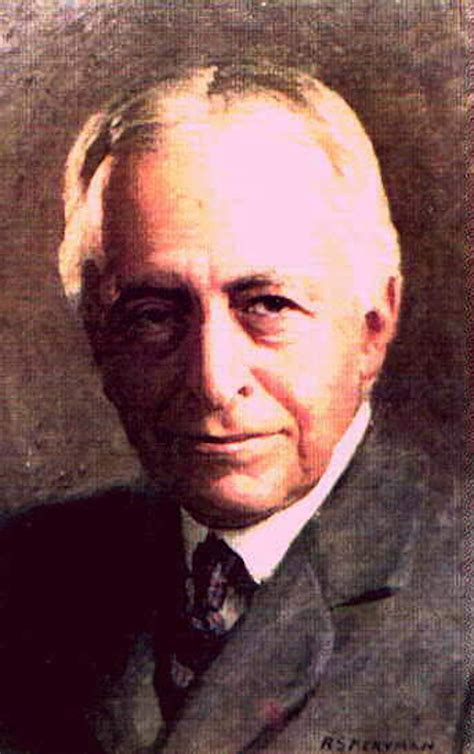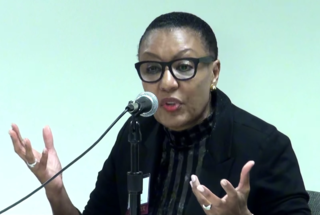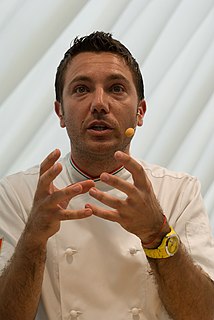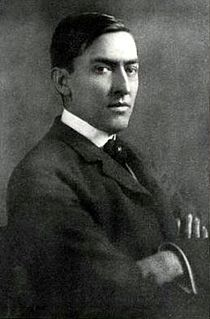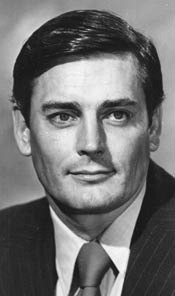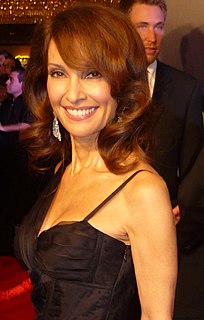A Quote by Irving Babbitt
Very few of the early Italian humanists were really humane.
Related Quotes
I had very supportive parents that made the way for me, even at a time when there were very few women - no women, really; maybe two or three women - and very few, fewer than that, African-American women heading in this direction, so there were very few people to look up to. You just had to have faith.
I was seduced by the nouvelle vague, because it was really reinventing everything. And the Italian cinema that one would see in the theaters in the late '50s, early '60s was Italian comedy, Italian style, which, to me, was like the end of neo-realism. I think cinema all over the world was influenced by it, which was Italy finding its freedom at the end of fascism, the end of the Nazi invasion. It was a kind of incredible energy. Then, late '50s, early '60s, the neo-realism lost its great energy and became comedy.
I think in the early part of my career, the roles were so disparate that it never gave anybody an opportunity to understand my essence and what I would be good at doing, as opposed to what I would not be good at doing, so these little moments of beautiful things that were happening to me were consistent, but very few and very far between.
One of the things that is nice about these old pastors - they were young at the time - who went into the Middle West is that they were real humanists. They were often linguists, for example, and the schools that they established were then, as they are now, real liberal arts colleges where people studied the humanities in a very broad sense. I think that should be reflected in his mind; appropriately, it is.
I'm very pragmatic in that I know there are very few greats in anything. I got lucky just to have gotten two of the real great filmmakers very early on. Better to have had them than to not have had them. I've been really fortunate. That's the key relationship on a movie: the director and the actor. Of course, you can't compare the experiences. When you're in your early 20s, you're a very different person. It was a very exciting time, and my whole world was changing. Now I'm looking back, and hoping I can still offer something. Still do good work.
In this respect, our townsfolk were like everybody else, wrapped up in themselves; in other words, they were humanists: they disbelieved in pestilences. A pestilence isn't a thing made to man's measure; therefore we tell ourselves that pestilence is a mere bogy of the mind, a bad dream that will pass away. But it doesn't always pass away and, from one bad dream to another, it is men who pass away, and the humanists first of all, because they have taken no precautions.
When I was growing up, there was no one. There were very few black women in tech; there were very few black women in the fashion game. We didn't have our Grace Jones - Grace Jones was before my time. We didn't really have a lot of black women in electronic and punk who were celebrated in the same levels as, say, your big mega-superstars.
